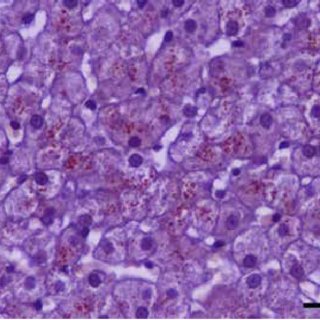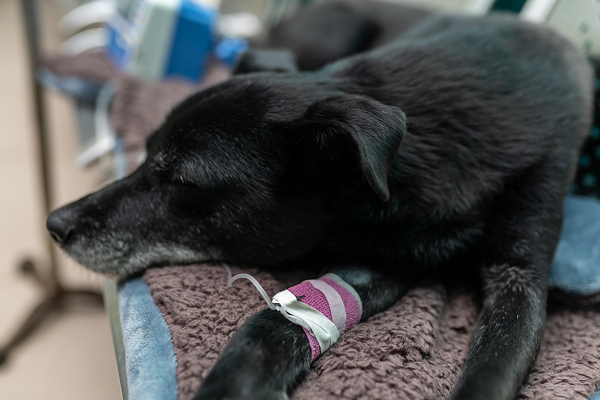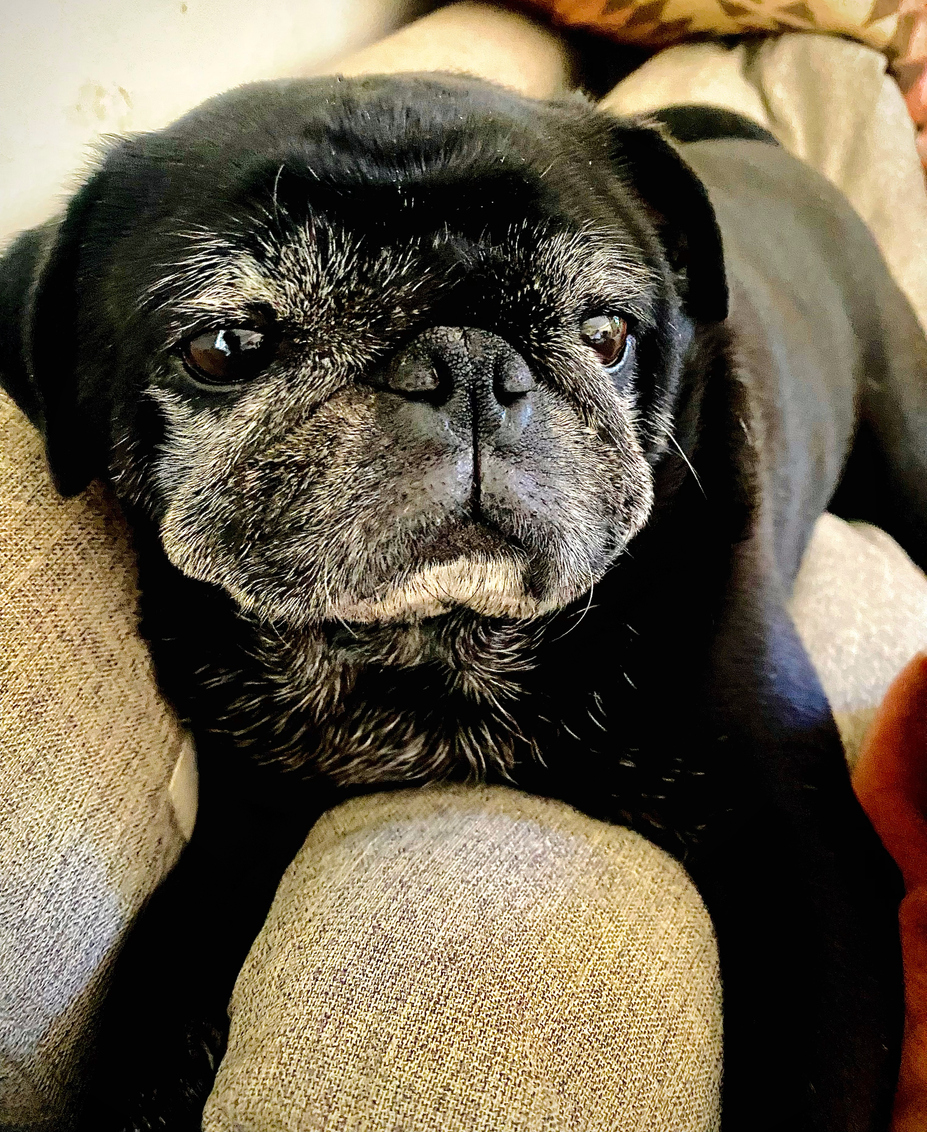Idiopathic Hepatitis in dogs
What is idiopathic hepatitis?
Hepatitis is inflammation of the liver. Dogs that develop idiopathic hepatitis or chronic active hepatitis is most often as a result of self-directed damage of the liver tissue by the dog’s own misguided immune system. That is an unknown trigger creates a case of mistaken identity whereby the immune system perceives the body’s own liver tissue as foreign and slowly begins to attack.
The liver’s ability to function is damaged. Among the results are limited production of nutrients, inefficient digestion, pooling of fluids in the body (abdominal effusion, ascites) and abnormal hormonal imbalances, blood clotting disorders causing unusual and excessive bleeding, severe permanent damage, and scarring of the liver known as fibrosis or cirrhosis leading to complete liver failure.

What signs might I see in my pet with Idiopathic Hepatitis?
The clinical signs are generally nonspecific. These include listlessness, energy loss, weakness, weight loss, decreased appetite, and vomiting.
In severe cases, icterus or jaundice appears. It is the yellowish discoloration of the whites of the eye, gums, or skin. Ascites occur as gradually increasing fluid distention and bloating of the abdomen giving a pot-bellied appearance and decreased lean body mass or emaciation.

How is Idiopathic Hepatitis Diagnosed?
Four steps in diagnosing Idiopathic Hepatitis:
- Blood test. This includes complete blood count or CBC (Blood Cell Count), serum biochemistry profile, and urinalysis
- Serum Bile Acid Test. This is performed on blood drawn when a dog has an empty stomach. A blood sample is drawn (0-hour) and the dog is given a small meal and another blood sample is collected in 2 hours.
- Ultrasound
- Liver biopsy
Is there any treatment for a dog with Idiopathic Hepatitis?
Treatment typically consists of long-term prescription of anti-inflammatory drugs (cortisone-like, corticosteroid) and immunosuppressive drugs, supportive medications like gastro-protectants, ursodiol, lactulose, antibiotics, intravenous plasma infusion, diuretics and s-adenosyl methionine (SAMe).
Specific nutrition is critical in fending off symptoms. Best foods containing balanced protein using vegetable and dairy or milk protein, adequate starches and fats.
The prognosis for Idiopathic Hepatitis is guarded to fair based on clinical signs at the time of diagnosis and the extent of liver damage. Early diagnosis and therapy can prolong survival but limited studies are available on survival time.




